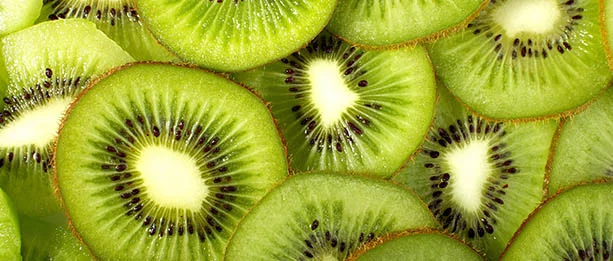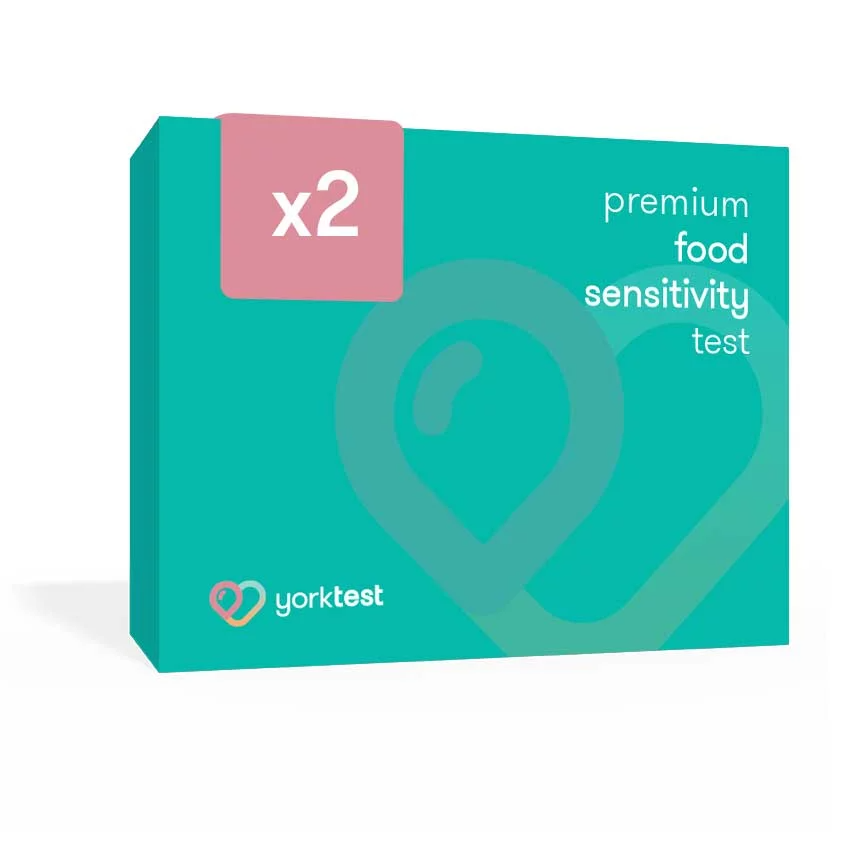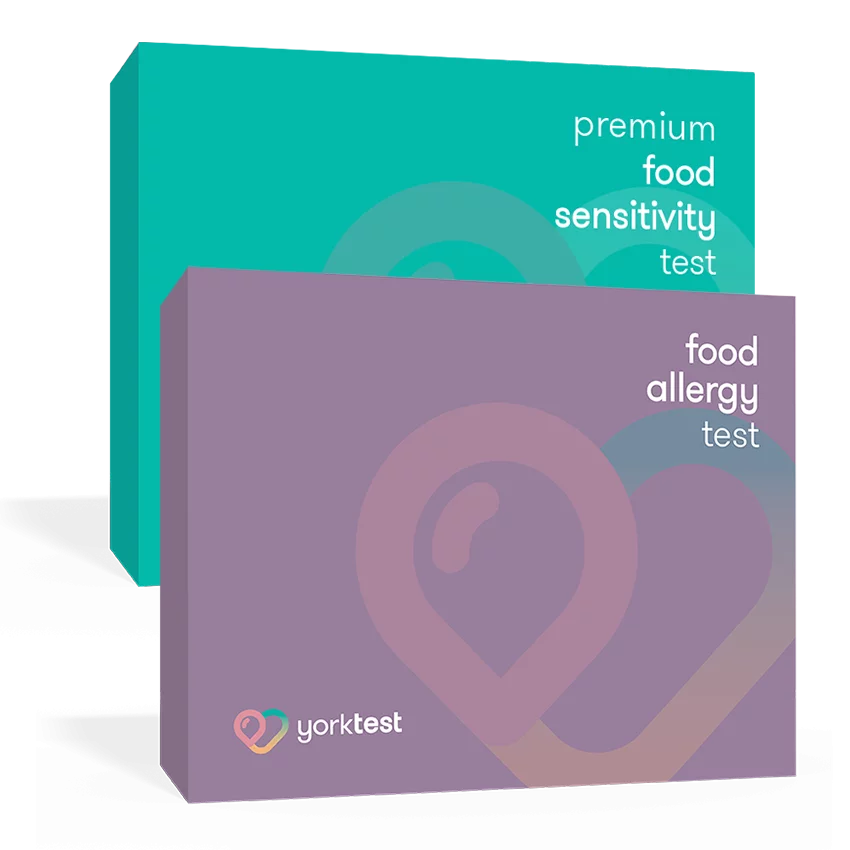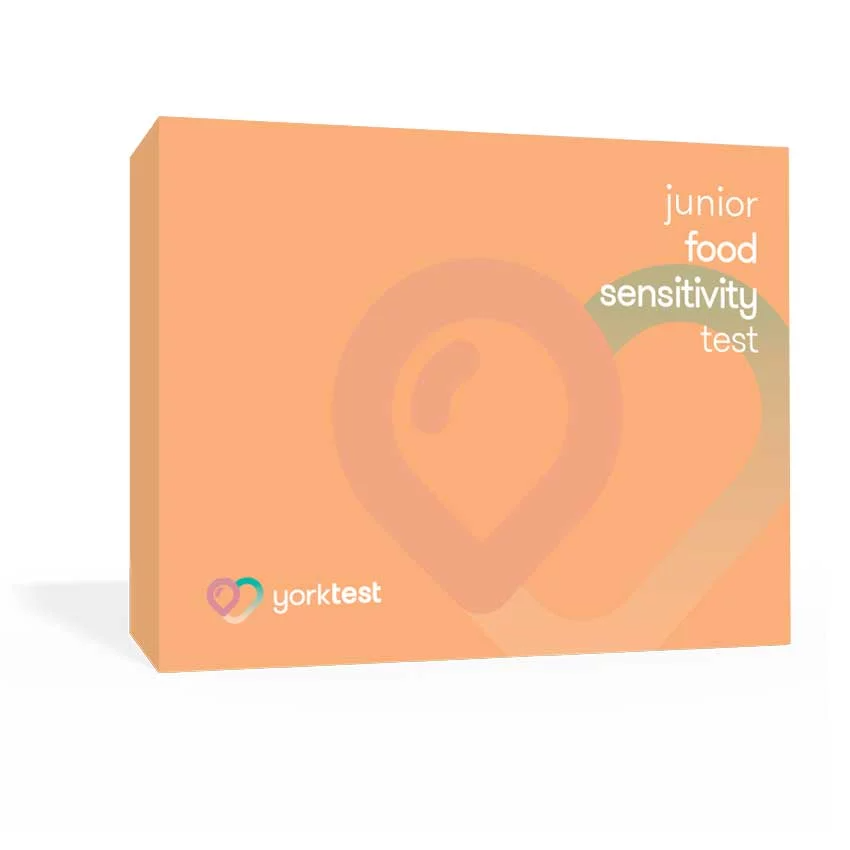
Do You Have a Kiwi Allergy?
- What are the symptoms of kiwi allergy?
- How to deal with kiwi allergy?
- Frequently Asked Questions About Kiwi Allergies
- Can Kiwi Cause Heartburn?
- Why Does My Tongue Hurt When I Eat Kiwi?
- Does Kiwi Cause Acid Reflux?
- Are Strawberry and Kiwi Allergies Related?
- How Common Is A Kiwi Allergy?
- What are the health benefits of kiwi?
- Worried You Have A Kiwi Allergy or Intolerance?
- Choose the test that’s right for you
- Customer Testimonials
- Join us on social media
For many, kiwi is a nutritional and tasty food with a unique flavor profile that you can enjoy either as a standalone snack or as part of a wider dish. However, for some people, kiwi is not nearly as beneficial.
The kiwi fruit (also known as Chinese gooseberry or Macaque peach) is an edible berry of a woody vine-like plant called Actinidia. Kiwi fruit was introduced to the US in the 1960s when they were imported into California. Since then, they have grown in popularity. With increased consumption, so too did the number of reported kiwi allergies.Â
What are the symptoms of kiwi allergy?
Kiwi allergy symptoms vary, ranging from mild reactions like tingling, sore mouth, and swelling (oral allergy syndrome) to much more severe (even life-threatening) symptoms such as wheezing, blue lips, and sometimes even collapsing. Symptoms can also include rashes, vomiting, abdominal pain, and heartburn.
A study of nearly 300 kiwi fruit allergy sufferers found that severe symptoms are more common in children than in adults. If you experience an initial severe reaction, future reactions are also likely to be severe. If you initially have a mild reaction, it’s unlikely that it will worsen. In either case, kiwi fruits need to be avoided. If you have a kiwi allergy, you may also react to substances that contain similar proteins. These include latex (a kiwi and latex allergy together is very common), avocado, papayas, pineapples, bananas, apples, and carrots. You may also be more likely to react to tree pollen and suffer from hay fever.
How to deal with kiwi allergy?
If you have a true kiwi allergy, you need good medical advice and may be referred by your GP to an allergy clinic where tests for this true allergy may be carried out. You can also try a home-to-laboratory allergy test kit to help determine whether or not you are capable of having an IgE reaction to kiwi. Usually, allergic reactions are obvious and steps will need to be taken to avoid kiwi fruit. In the most severe cases, you may also need to carry an EpiPen for protection in case of a bad reaction. Some people have an intolerance to kiwi fruit, with symptoms that are not as severe or immediate as a full-blown allergy. Often symptoms are ongoing such as irritable bowel syndrome (IBS), bloating, headaches, migraines, tiredness, low mood, and skin problems.
Frequently Asked Questions About Kiwi Allergies
Can Kiwi Cause Heartburn?
In short, yes, kiwi fruit can cause heartburn, although it’s worth saying that this is not very common. Kiwi is acidic, with a pH range typically between 3.1 and 3.96, and if you are sensitive to acidic foods or have conditions such as gastroesophageal reflux disease then eating kiwi can trigger heartburn or acid reflux symptoms.Â
Why Does My Tongue Hurt When I Eat Kiwi?
For some, kiwi makes their mouth hurt. If you find that your tongue or mouth hurts after eating kiwi, then this could be for a number of reasons.Â
You may experience oral allergy syndrome (OAS), which is common if you have pollen allergies. This reaction occurs when proteins in certain fruits, including kiwi, cross-react with pollen proteins. This can produce the typical kiwi mouth tingle. Symptoms can include itching, swelling, or pain in your mouth and tongue.
Another reason is the enzymes in the fruit. Kiwi contains enzymes that can cause a protective response in the mouth, similar to how your mouth reacts to spicy foods and gives you that tingly feeling. The acid in kiwi can also contribute to mouth discomfort. The acid found in kiwi can sting the mouth, especially if there are any small tears or cuts present.Â
Does Kiwi Cause Acid Reflux?
As previously mentioned, kiwi can cause acid reflux due to its acidity, which can be particularly challenging if you have a sensitive digestive system. While some studies have found that kiwi’s fiber and enzyme content may help with digestion and certain digestive issues, evidence of its specific benefit for acid reflux is limited, and its safety for those with GERD can vary. It is worth noting that experts have questioned the consistency of kiwi’s effects on acid reflux, as individual reactions may differ.
Are Strawberry and Kiwi Allergies Related?
Strawberry and kiwi allergies are often connected through cross-reactivity with similar allergenic proteins. One way they are connected is through cross-reactivity with other fruits. Strawberries can cross-react with other fruits containing similar allergenic proteins, including kiwi. Also, people with a latex allergy may also react to fruits like kiwi and strawberries. This condition is known as latex-fruit syndrome, affecting 30–50% of those with a latex allergy. Additionally, those with a birch pollen allergy may experience oral allergy syndrome when eating kiwi and strawberries.
How Common Is A Kiwi Allergy?
Kiwi allergies are not overly common in the US, with prevalence estimates ranging from approximately 3% to 4% in adults and about 3% in children. However, it is worth noting that the form of allergy is garnering more and more attention.Â
What are the health benefits of kiwi?
However, it’s not all negative when it comes to kiwi. If you aren’t allergic or intolerant, then kiwi is a great fruit containing lots of healthy vitamins and minerals: potassium (about the same levels as bananas but only half the calories), vitamin C (instead of oranges you can think about kiwi), and beta-carotene. It’s also rich in vitamin A and E, and its seeds are rich in alpha-linoleic acid, an omega-3 essential fatty acid. Kiwi fruits are high in fiber and have antioxidant properties too. Eating kiwi fruit helps you to obtain your daily intake of antioxidants to help fight the damage caused by free radicals and oxidative stress.
Worried You Have A Kiwi Allergy or Intolerance?
There are many crossover symptoms of an allergy and an intolerance – why not take our FirstStep test to see if you have any food intolerances?
Choose the test that’s right for you
Customer Testimonials
Emily Catterall, 24: IBS
“I feel like I’m in a new body! I’m so much healthier. I can’t tell you how amazingly different I have felt since!â€
Sally Gunnell OBE, 52: Energy levels
“I’m not waking up as much during the night, not as bunged up in my nose and I’ve got so much more energyâ€







